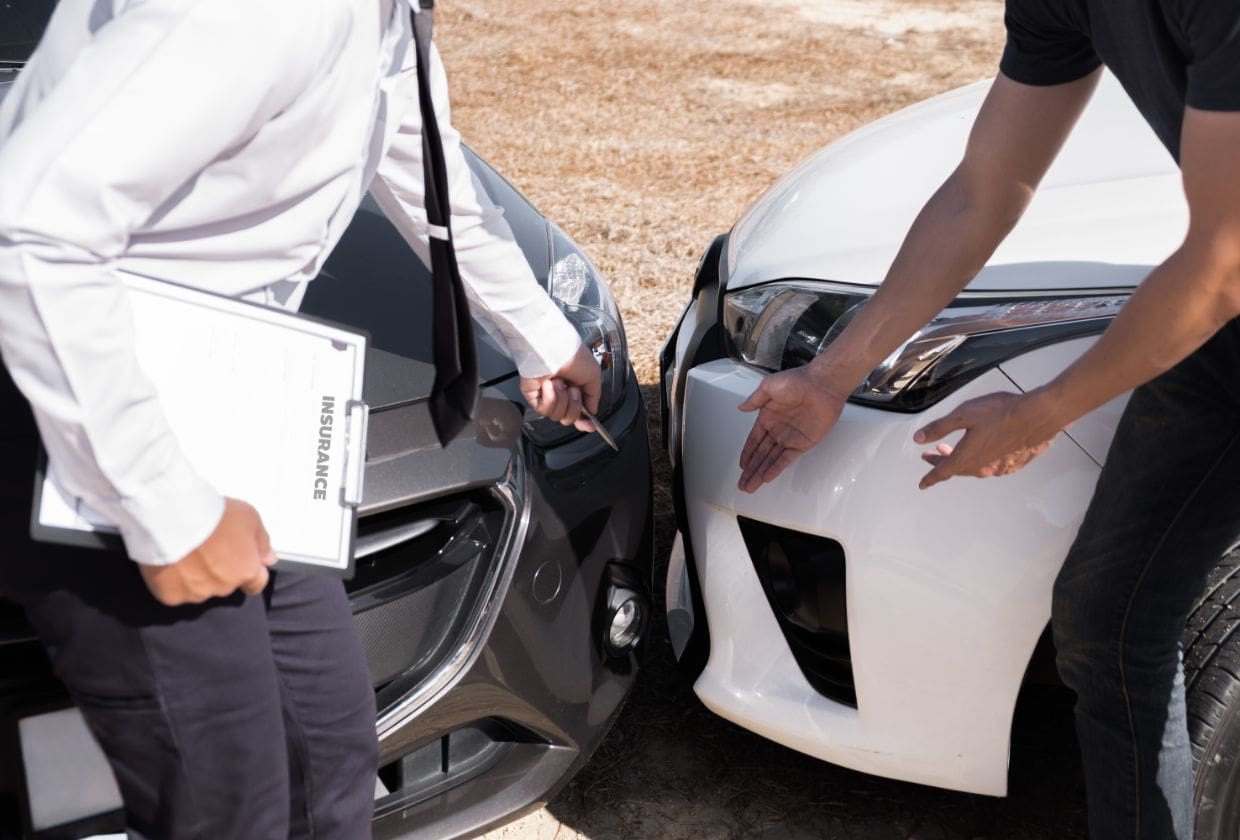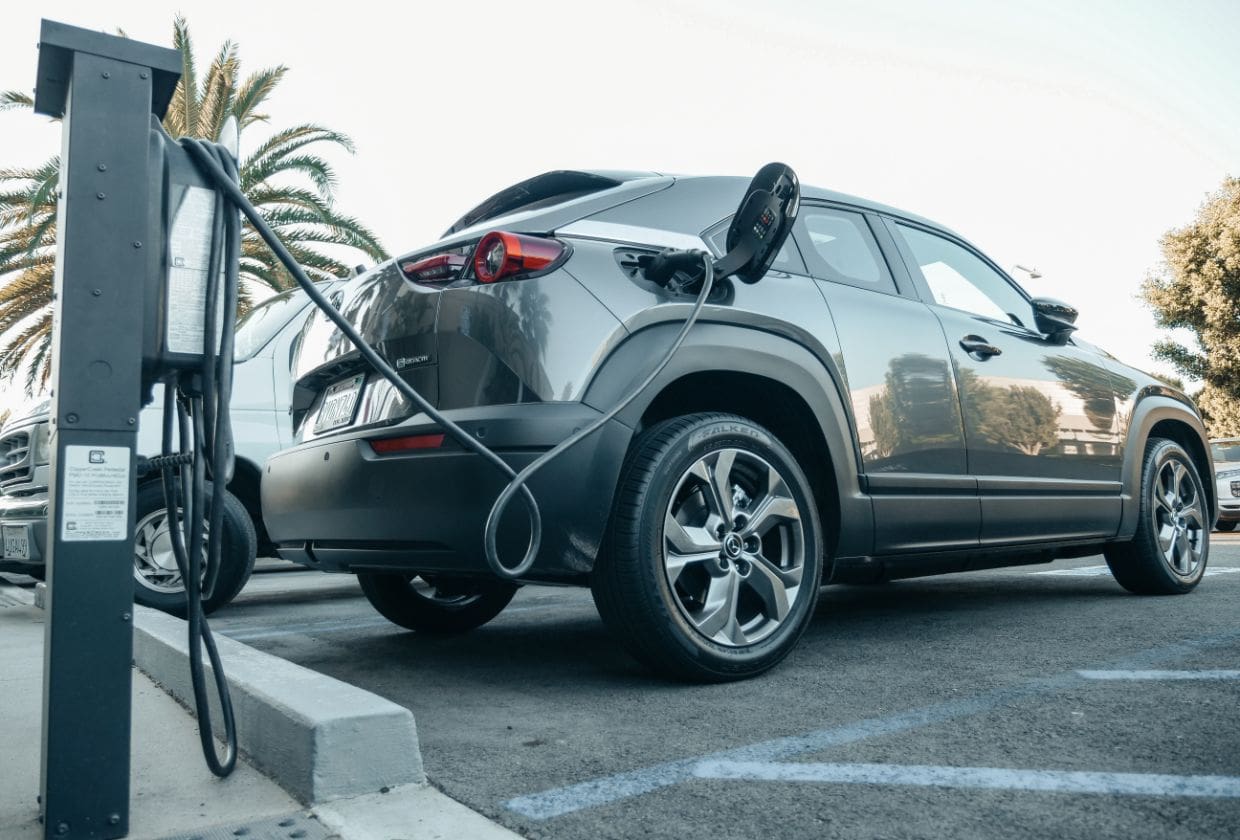Drive with confidence – auto insurance simplified
We help take the guesswork out of auto insurance. Compare quotes from top providers and secure the best policy for your needs quickly.
or call 813.939.5288 to speak with an advisor

OUR INSURANCE PARTNERS
We do the comparison shopping for you
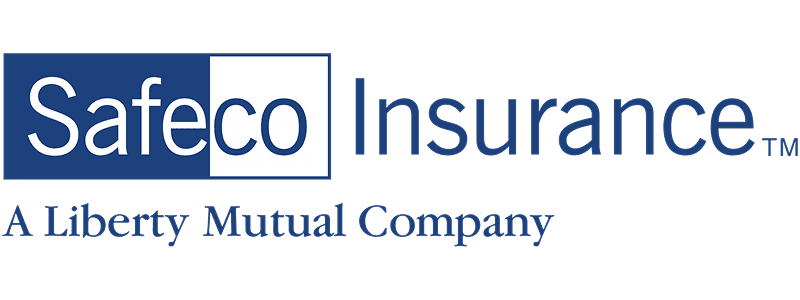



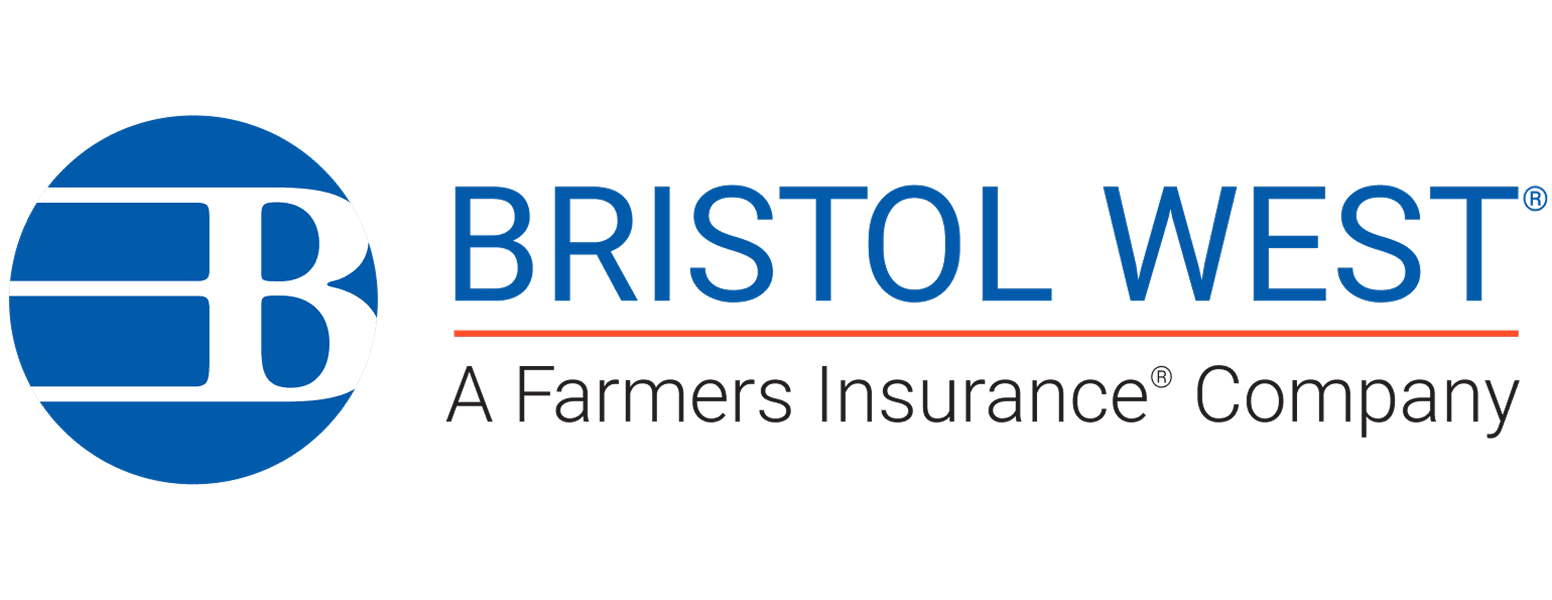


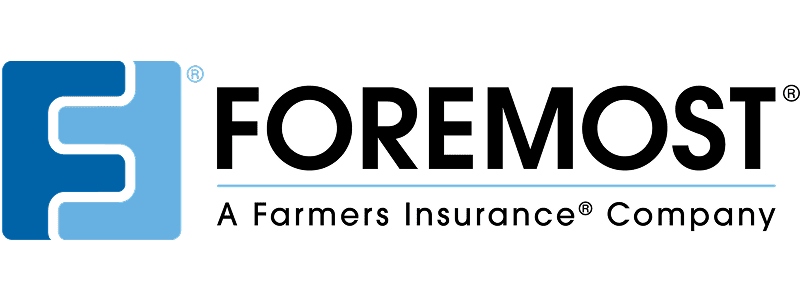
+100 more local and national partners
What is car insurance and how does it work?
Car insurance is a contract between you and an insurer that provides financial protection in case of an accident, theft, or other covered events. You pay a premium, and in return, your insurance helps cover repair costs, medical expenses, and liability claims arising from the auto accident or event.
Your policy may include different types of coverage, such as liability, collision, and comprehensive, each offering specific protections. When you file a claim after an accident, your insurer reviews the details and determines how much they’ll pay based on your coverage and deductible. Without insurance, you’d be responsible for all costs out of pocket, which can lead to significant financial strain.
Types of car insurance coverage
Car insurance policies offer different levels of protection depending on your needs. Understanding the key types of coverage can help you choose the right policy for your budget and situation.
Essential coverage: The foundation of your protection
Liability insurance
Required in most states, liability insurance covers damages if you’re at fault in an accident—helping pay for medical bills, car repairs, or legal costs.
Personal injury protection (PIP) and medical payments coverage (MedPay)
PIP helps cover medical expenses, lost wages, and other related costs for you and your passengers, regardless of who caused the accident. MedPay, which is similar but more limited, helps cover medical expenses but does not extend to lost wages or other non-medical costs. PIP is required in some no-fault states, while MedPay is an optional add-on in many areas.
Uninsured/underinsured motorist coverage
Helps pay for your medical bills and vehicle repairs if you’re hit by an uninsured or underinsured driver, helping ensure you’re not left covering costs on your own.
Vehicle protection: Covering damages to your car
Collision coverage
If your vehicle is damaged in an accident—whether you hit another car or an object like a guardrail—collision coverage helps pay for repairs or replacement. This is especially important if you have a newer or financed vehicle, as lenders often require this coverage.
Comprehensive coverage
This covers damage from non-collision incidents, such as theft, fire, vandalism, falling objects, or natural disasters. If you live in an area prone to severe weather or car theft, this coverage can be crucial to helping protect your vehicle’s value.
Gap insurance
If your car is totaled in an accident, standard insurance only pays the vehicle’s current market value, which can be lower than what you still owe on a loan or lease. Gap insurance covers the difference, preventing you from having to make payments on a car you no longer own.
Optional add-ons for broader coverage
Roadside assistance coverage
If your car breaks down, this coverage helps with towing, battery jump-starts, flat tire changes, and even lockouts. It’s a great option if you frequently travel long distances or own an older vehicle.
Classic car insurance
If you own a vintage or collector car, standard auto insurance may not reflect its true value. Classic car insurance is designed to protect the unique worth of classic and rare vehicles, covering restoration costs and agreed-upon values.
Rental reimbursement coverage
If your car is in the shop due to a covered accident, this coverage helps pay for a rental car so you can continue your daily routine without interruption.
New-car replacement insurance
Standard insurance only pays for your car’s depreciated value if it’s totaled. New-car replacement insurance ensures you get a brand-new version of the same make and model, rather than just a payout for its current value.
Full glass coverage
Windshield and window damage from road debris, accidents, or weather can be costly to repair. Full glass coverage allows you to replace or repair broken glass without paying a deductible.
Learn more about these car insurance coverage options and how they can protect you.
What is full-coverage car insurance?
Full-coverage car insurance provides comprehensive financial protection by combining liability, collision, and comprehensive coverage. It helps cover damages, medical expenses, and unexpected incidents, like theft or natural disasters. While not a specific policy type, full coverage generally includes the key protections needed to safeguard both you and your vehicle beyond state minimum requirements.
This type of insurance is especially important for newer or higher-value vehicles, where repairs and replacements can be costly. In contrast, liability-only coverage meets state requirements but won’t cover damage to your own car in an accident or protect against events like theft or storm damage.
To explore what’s included, how it compares to liability-only insurance, and what factors influence pricing, read our blog about full-coverage car insurance.
How much car insurance do I need?
The amount of car insurance you need depends on factors like your state’s minimum requirements, the value of your car, your driving habits, and your financial situation. While liability coverage is required in most states, adding comprehensive, collision, and uninsured motorist protection can offer additional confidence that you are well protected.
Choosing the right coverage means balancing premium costs with the protection you need. Opting for just the minimum coverage may save you money initially, but it could lead to higher costs later if you’re in an accident. Take time to evaluate your risks and financial situation before deciding on extra coverage options.
Key factors to consider:
- State requirements: Minimum liability coverage varies by state
- Vehicle age: Newer cars may require more protection than older ones.
- Driving habits and locations: Frequent driving or high-traffic areas may need more coverage.
- Storage and personal finances: Garaged cars are safer, and your financial ability to cover potential losses matters.
- Household drivers: More drivers on your policy increase your liability exposure.
Understanding the different coverage types, such as liability, collision, and personal injury protection, will help ensure you’re better protected. There’s no one-size-fits-all answer, but our advisors can help you assess your needs and find the right balance of coverage and cost.
LEAVE THE INSURANCE SHOPPING TO US
Get optimal protection today
We’ll help you find a policy that fits your budget and provides the coverage you need.
Factors that affect car insurance rates
If you’ve noticed your car insurance premium increasing, you’re not alone. Insurers adjust rates based on various risk factors, and understanding what influences your premium can help you make informed decisions.
Here are some key factors that impact your car insurance costs:
- Driving record: A clean history with no accidents or tickets can lead to lower rates, while past violations or claims may increase costs. See how speeding tickets impact your insurance. If you’ve been in an accident, check out our 12 helpful tips to minimize premium hikes and learn how much car insurance increases after an accident.
- Age and gender: Younger, less experienced drivers typically pay more, though some states are moving away from gender-based pricing.
- Location: High-traffic areas, crime rates, and severe weather risks can drive up premiums.
- Vehicle type: Safety ratings, repair costs, and the likelihood of theft affect how much you pay.
- Mileage and usage: More time on the road increases accident risk, leading to higher rates.
- Credit score: In many states, good credit can help lower your premium.
- Coverage and deductibles: Higher coverage limits and lower deductibles mean higher premiums but more protection.
- Marital status: Married drivers often receive lower rates based on accident statistics.
- Claims history: Frequent claims can label you as a higher-risk driver.
- Driving habits: Some insurers offer discounts for safe driving through usage-based programs.
Curious about why your rate may have changed without an accident? Read our full article about 14 reasons why car insurance rates go up.
What does car insurance not cover?
A car insurance policy can help cover damage to your car due to sudden and unexpected events. It won’t cover wear and tear that slowly occurs over time. It also doesn’t cover standard maintenance, like faulty wipers, worn-out tires, electrical breakdowns, or mechanical failures.
What is a car insurance deductible?
A car insurance deductible is the amount you agree to pay out of pocket before your insurance coverage kicks in to cover the rest of the costs. For example, if you have a $500 deductible and your car repair costs $2,000, you’ll pay the first $500, and your insurer will cover the remaining $1,500.
Your deductible affects both your premiums and how much you’ll pay in the event of a claim. Generally, a higher deductible means lower monthly premiums, but you’ll pay more upfront if an accident occurs. A lower deductible offers quicker coverage and less out-of-pocket expense, but it typically comes with higher monthly premiums.
The best deductible for you depends on factors like your financial situation, driving habits, and the value of your car. To explore more about choosing the right deductible for your needs, read our full blog about car insurance deductibles.
How often should I requote my car insurance?
Car insurance isn’t a “set it and forget it” expense. To ensure you’re always getting the best deal with the right coverage, it’s important to review your policy at least once a year. Insurance rates fluctuate, and you don’t want to miss out on potential savings or better options.
For those looking to maximize savings, requoting every six months is a smart way to stay ahead of market changes or rate adjustments. Here are some additional times to consider reviewing your car insurance:
- After a life change: Events like getting married, having a baby, moving, or adding a new driver can impact your rates. Be sure to update your policy after these milestones.
- After getting a new car: New or leased cars may require different coverage types or higher premiums.
- When you pay off your car: You might not need comprehensive or collision coverage on an older vehicle once it’s paid off.
- If your driving habits change: Whether you’re driving less due to retirement or have a longer commute, your driving habits affect your premiums.
- If you become eligible for discounts: New discounts may apply for safe driving, bundling, or installing safety features in your car.
- If your credit score improves: A higher credit score can often lower your premiums.
- If your insurer raises your rates: If your premiums increase without explanation, it’s time to shop around for a better deal.
- When your insurer’s reputation changes: If their customer service or claims process has declined, it may be time to explore other options.
- When there are changes in the law: If your state changes its insurance requirements, make sure your policy reflects the new regulations.
At The Baldwin Group, we make it simple to compare rates and find the right policy for your needs. Let us do the comparison shopping so you can focus on what matters most.
LEAVE THE SHOPPING TO US
Auto insurance simplified
We’ll help you find a policy that fits your budget and provides the coverage you need.
Information you need to get car insurance quotes
Having the correct information on hand can help you and your insurance broker make well-informed decisions and ensure a more smooth and efficient process. Here’s a checklist to help you prepare:
- Personal information: Be ready to provide your full name, date of birth, address, and contact details.
- Driver’s license: Have a copy of your valid driver’s license for verification.
- Vehicle information: Gather your vehicle’s make, model, year, VIN (Vehicle Identification Number), and current mileage.
- Vehicle registration: Keep a copy of your vehicle’s registration handy.
- Driving history: Be prepared to discuss your driving history, including any past accidents or violations. Honesty is key, as this will show up in your records.
- Current policy information: If you’re switching providers, have your current policy details ready, including your provider’s name and account number.
- Financial information: You may be asked about your financial situation, including income and assets, as it can influence your coverage options.
- Additional drivers: If other drivers in your household will be covered, gather their details too.
- Special circumstances: Be prepared to discuss any unique factors, like a teenage driver or a history of claims, that may affect your insurance needs.
Being prepared with this information can help expedite the quoting process and ensure you get the best coverage tailored to your needs.
Why should I get insurance quotes through a broker?
At The Baldwin Group, we make securing car insurance quick and hassle-free. As an insurance broker, we’re not tied to any one insurer. Instead, we specialize in researching and comparing top-rated insurance providers to find the best coverage options for your needs, lifestyle, and budget.
Here’s how it works:
- We do the heavy lifting: Our team handles everything from researching the best insurance companies to negotiating rates and policy details. You don’t have to spend hours shopping around or navigating complicated terms.
- Exclusive discounts: By working with us, you gain access to discounts not available to the general public, potentially saving you money while getting the coverage you need.
- Personalized guidance: We understand that every driver’s needs are different. Whether it’s finding the right level of coverage or identifying potential gaps, like roadside assistance or rental reimbursement, we’ll help ensure you’re fully protected.
- Quick and simple process: Share your basic details with us, and we’ll present the best options. We work with you to fine-tune the coverage, premiums, and deductibles until you find the best option for your needs.
- We’re here for the long haul: Our commitment goes beyond just finding great rates. We help you understand your options, adjust coverage limits, and make informed decisions so you can feel confident in your choice.
Whether you’re shopping for your first car insurance policy or looking to switch to a better rate, we’re here to help you get the coverage you need—with less stress than navigating it on your own.
AUTO INSIGHTS
Stay safe on the road ahead
Explore our latest articles about auto insurance, where we break down the complexities and offer expert tips to help you save on premiums without compromising coverage.

LEAVE THE INSURANCE SHOPPING TO US
Finding the coverage you need just got easier
Getting car insurance is quick and easy when you let us do the comparison shopping. We’ll guide you through the process and help ensure your car is protected with the right coverage.

